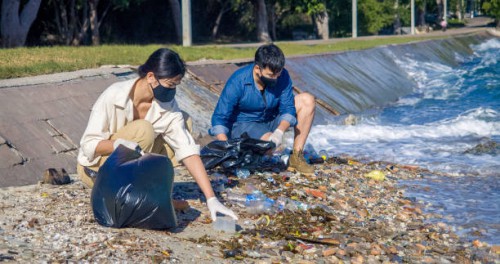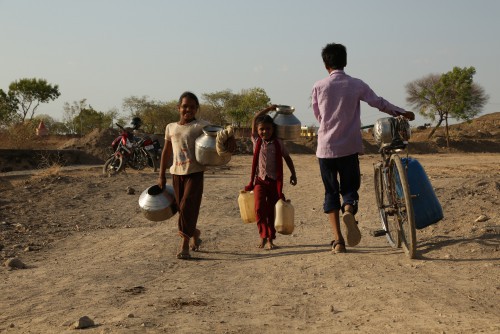Beyond Plastics- Your Love For Plastics Could Be among The Last Nails On Coffin
Views:976 |
By:
Alice

Do you realize the danger you and the rest of humanity face every time you buy, use, discard, or even burn plastic? I bet the food price hikes are driving you nuts? Guess what? Plastics have contributed significantly to the soaring prices of food and diminished other types of food products we used to enjoy not so long ago, and worse, got free.
This article will look beyond plastics to discover how plastics contribute to food insecurity by disrupting food availability, reducing access to food, and affecting food quality.
Climate change is increasingly posing a threat to global food security, and it is projected that in the next 30 years, it will severely threaten food security and supply if little or no action is taken.
Food and Agriculture Organization (FAO) says food security is achieved when all people, at all times, have physical, social, and economic access to adequate, safe, and nutritious food that fits their dietary needs and food choices for an active and healthy life.
This concept includes four essential aspects of food supplies: accessibility, stability, usability, and availability.
However, according to experts, 8 out of 35 countries at most risks from climate change are already experiencing extreme food insecurity, while over 117 million people from the remaining 27 countries are already living with food crises or worse levels of hunger.
Reports, however, show climate change will have significant implications on people's diets and is set to affect yield quantity and quality, reproduction, and even cause deaths in living things.
According to experts, nearly one in three children in the 27 food-insecure countries most at risk from climate change lives with chronic malnutrition and stunting, which can be fatal. Reveling that In 2020, 2.37 billion people were affected by malnutrition and irregular access to nutritional needs.
However, a global decline of 7-10% in livestock is expected at 2°C and is associated with economic losses of between $9.7 and $12.6 billion.
At the moment, increased temperatures and ocean acidification, among other drivers, affect fisheries which play a significant role in food security in many vulnerable countries.
Conclusion
Our escalating climate emergency is also a humanitarian emergency. How strong the impacts of climate change will be felt over all decades will crucially depend on you and me. Let us help fight this monster climate change together.

 Choice and timing: What and when to eat
Choice and timing: What and when to eat  Breakfast mistakes that cause indigestion
Breakfast mistakes that cause indigestion  Drought Menace
Drought Menace  A relationship with food
A relationship with food  How To Make A Home Made Cocktail
How To Make A Home Made Cocktail